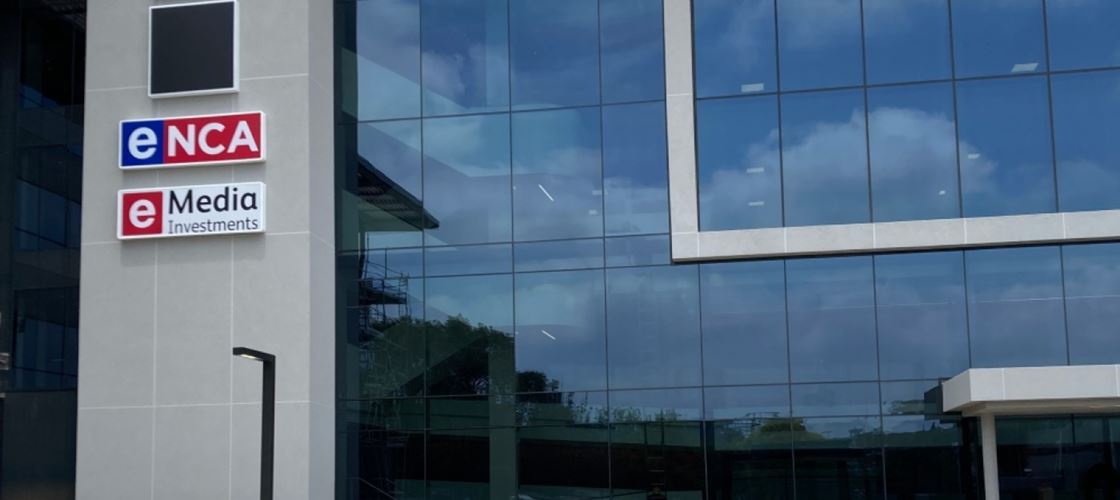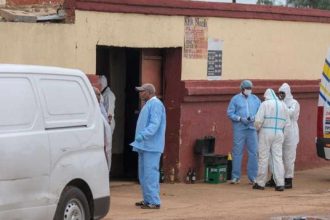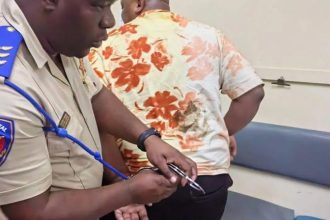eMedia has confirmed that it has resolved its ongoing legal disputes with MultiChoice, bringing an end to years of litigation. The settlement was announced in eMedia’s interim results, which were released this week.
According to eMedia’s legal executive, Philippa Rafferty, the issues between the two companies were “satisfactorily resolved by agreement,” which officially concludes the legal proceedings. MultiChoice also confirmed the settlement, but emphasized that the terms remain confidential, adding that the dispute had been “amicably settled.”
Financial Impact on eMedia
The legal battles between eMedia and MultiChoice had placed a significant financial strain on the broadcaster. eMedia reported that the cost of the legal disputes had added R8.8 million to its legal expenses, which was reflected in its financial results for the year ending 31 March 2024. This marks another chapter in the ongoing tension between the two companies, which has lasted for over a decade.
The Origins of the Dispute
The latest legal clash between eMedia and MultiChoice can be traced back to two key incidents. In 2022, MultiChoice removed four eMedia channels—eExtra, eMovies, eMovies Extra, and eToonz—from its DStv platform. This move followed a ruling by the Competition Tribunal, which sided with MultiChoice in a case that involved eMedia’s appeal to retain the channels on DStv.
Despite this setback, eMedia successfully obtained an interdict from the Competition Tribunal, which forced MultiChoice to restore the channels. This decision was later extended in December 2023, ensuring that the channels remained on the DStv platform for an additional six months.
The Rugby World Cup and Openview Dispute
In addition to the channel dispute, the two companies were also embroiled in a conflict surrounding the broadcasting rights for the 2023 Rugby World Cup. A last-minute agreement between MultiChoice’s SuperSport and the SABC saw the state broadcaster securing the rights to broadcast 16 matches, including all Springbok games, but with significant restrictions.
One of the key conditions of the deal was that the SABC was prohibited from airing the matches on third-party platforms, including eMedia’s Openview service. Openview, a free-to-air satellite TV service, has become a popular alternative to DStv in South Africa.
The deal angered eMedia, which took MultiChoice to court, arguing that the restriction was anti-competitive and irrational. Despite the SABC’s apparent support for eMedia’s position, the broadcaster eventually entered a similar agreement with MultiChoice for the Cricket World Cup rights later in the year.
Legal and Competition Commission Involvement
The conflict between eMedia and MultiChoice led to multiple legal battles. While the High Court did not rule on the case’s merits, instead striking it off the roll on procedural grounds, eMedia continued to pursue the matter. The broadcaster initially filed a complaint with the Competition Commission, but later withdrew the case.
In a twist, the Competition Tribunal issued an interdict in favour of eMedia, preventing MultiChoice and the SABC from enforcing restrictions in their sub-licensing agreements that would have prohibited the SABC from airing sports content on Openview.
Government Involvement and Future Broadcasting Plans
The battle over sports broadcasting rights did not end there. In July 2024, the SABC announced it would not broadcast two test matches between the Springboks and Ireland. This decision followed litigation at the Competition Appeal Court, related to the rights to broadcast the matches.
South Africa’s sports, arts, and culture minister, Gayton McKenzie, expressed frustration over the ongoing impasse, threatening to intervene if a resolution was not reached that would allow all South Africans to access national sports broadcasts. Eventually, an agreement was made to broadcast the first test match between the Springboks and the All Blacks on 31 August 2024, free of charge to all South Africans.
However, communications minister Solly Malatsi revealed that the government is now working on an Audio and Audio-Visual White Paper, which will outline which sporting events featuring national teams should be made available for free in South Africa. Minister McKenzie has also indicated that the government may need to help cover the costs of the SABC’s sub-licensing rights, as MultiChoice cannot be expected to absorb the financial burden every time South Africa’s national teams play.
Conclusion
The resolution of eMedia’s legal battles with MultiChoice marks a significant moment for the South African broadcasting landscape. The end of these legal proceedings comes after years of disputes that have strained the relationship between the two companies and raised questions about competition and sports broadcasting rights in the country. As the government continues to work on new policies regarding sports media rights, it remains to be seen how this will affect the future of broadcasting in South Africa.












